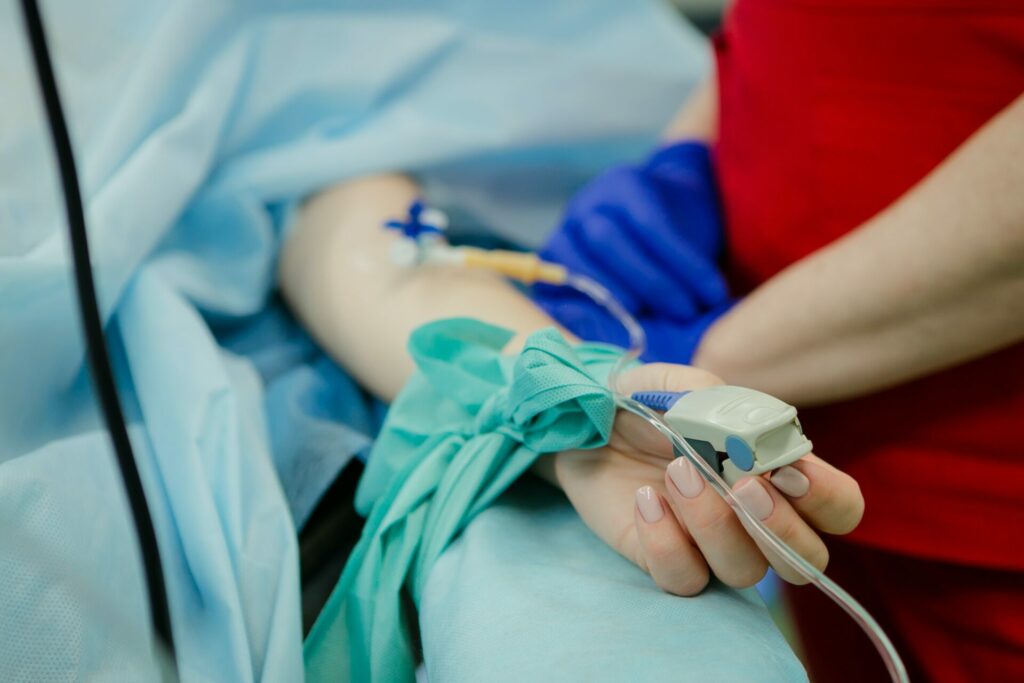Belgium has witnessed an "explosion" in cancer diagnoses over the past two decades, as changing demographics coupled with increasingly unhealthy lifestyles have led to a steep rise in the incidence rate of one of the world's deadliest diseases.
According to a recent study by the Institute for Sustainable Development (ISD), a Franco-Belgian NGO, the number of cancer diagnoses in Belgium rose from 61,524 to 74,249 from 2004 to 2022: an increase of 21%.
Experts interviewed by Le Soir said that the surge in cases cannot solely be attributed to population growth, as the number of Belgian residents rose by just 12% (from 10.42 million to 11.66 million) over the noted period.
They also denied that it can be explained by the fact that more patients were screened for cancer in 2022 as a "catch-up" resulting from prior Covid-19-related disruptions of treatment and care. Indeed, more people were diagnosed with cancer at the height of the lockdowns in 2020 (77,827) than in 2022.
'It is not surprising'
Instead, Philippe Defeyt, an economist at the ISD, explained that the rise in cancer diagnoses is partly due to the population itself getting older.
"[Cancer incidence rates] work according to three factors," he said. "The incidence rate for a given age, the age structure of the population, and the size of the population."
"Concretely: if a cancer of [a certain] type is observed more in the elderly, as the overall population grows and it contains more and more elderly people, it will not be surprising that the total number of cancers will increase."
'Lifestyle has a decisive influence'
However, Defeyt admitted that age alone cannot explain the soaring incidence rates of certain kinds of cancers over the past few years.
In particular, from 2004 to 2021 diagnoses of pancreatic cancer rose 72% in women and 51% in men, while skin cancer rates increased 138% in women and 130% in men. Lung cancer diagnoses also rose 86% in women but fell 20% among men.
Véronique Le Ray, the Medical Director of the Brussels-based Cancer Foundation, attributed the surge in lung cancer diagnoses to increased female smoking rates first recorded many years ago.
"Several decades later, we are witnessing the consequences of the increase in smoking among women in the 1970s and 1980s," she said. She added that the increase in skin cancer diagnoses is also partially due to changes in lifestyle.
Related News
- Over half of Belgian workers overweight and don't exercise enough
- Cancer treatment and care disrupted during the pandemic
"The risk of skin cancer in Belgium increases every year by about 5% to 10%," she said. "There are several reasons for this: increased exposure to the sun, insufficient protection, but also the decrease in the ozone layer which means that we are less protected against UV rays."
Indeed, in general, Le Ray suggested that the surge in cancer cases in recent years is largely attributable to a combination of an unhealthy diet and a more sedentary lifestyle.
"Demographics don't explain everything," she said. "Lifestyle also has a decisive influence, whether it is the consumption of tobacco or alcohol which increase the risk of developing cancer by 19% and 8% respectively – so by 27% if we combine the two."
"Diets (consumption of cold meats, sugars, salt or processed products), stress, the environment, a sedentary lifestyle and decreased physical activity or exposure to the sun [are all causally responsible]. The explosion of cancer cases is therefore explained both by the evolution of society and our lifestyles."

